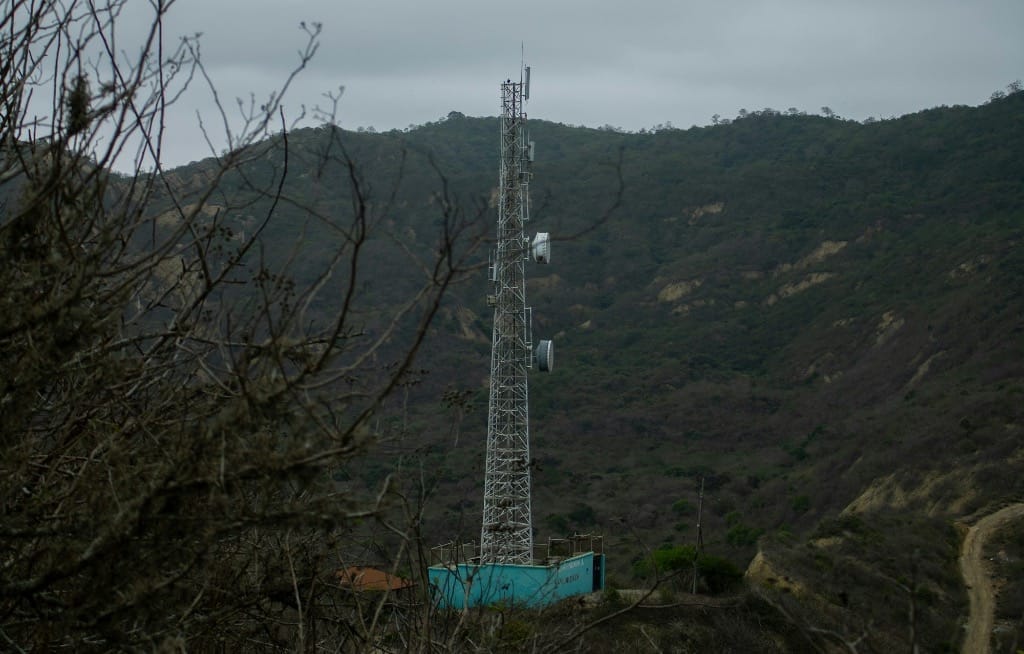Consumer Groups Hold Network Outage Against AT&T in Spectrum Battle
The outage also took FirstNet offline -- evidence, the groups say, of the ease with which the band could be put to commercial use.
Jake Neenan

WASHINGTON, Aug 12, 2024 – A major network outage is being held against AT&T in the ongoing battle over access to airwaves set aside for public safety organizations.
Consumer advocacy groups again asked Federal Communications Commission staff last week not to allocate spectrum to FirstNet, the nationwide first responder network operated by AT&T, arguing the move would amount to a windfall for the carrier.
This time, they pointed to an agency report on the company’s February 2024 outage that blocked more than 92 million calls.
“As explained in the report, the network configuration error that shut down the AT&T Network simultaneously shut down access by first responders to FirstNet because FirstNet operates on the same AT&T network and relies on the same device certifications as all other devices connecting to the AT&T mobility network.” Public Knowledge and the New America think tank’s Open Technology Institute wrote in an ex parte filing. “There can therefore be no doubt that giving FirstNet an overlay license to the 4.9 GHz spectrum means that the 4.9 GHz band will be fully integrated into AT&T’s network, primarily for use by AT&T.”
The FCC has for decades set aside the 4.9 GHz spectrum band for local public safety agencies. In January 2023, the agency proposed instituting a band manager to bring up utilization – the band sits in a range considered ideal for 5G networks – as spectrum demand increased. A group led by a former vice chair of the FirstNet Authority, the government agency that oversees FirstNet, proposed giving the FNA a nationwide license to operate in currently dormant parts of the band.
Wireless carriers like T-Mobile and Verizon did not like the idea, characterizing it as a giveaway to AT&T, which may use dormant FirstNet spectrum for its mobile service as part of its contract. The companies commissioned a study that valued the band at about $14 billion.
As they’ve done before, Public Knowledge and OTI said giving a single entity the authority to operate in the band wouldn’t be the best way to increase usage – the proposal would nix the current system of allowing utilities and others to access the band via leasing agreements or partnerships with public safety agencies. The groups advocated for a tiered sharing system similar to the Citizens Broadband Radio Service, which lets commercial users coexist with navy radars.
For its part, AT&T has disputed the characterization of a giveaway. The company’s CEO met with three FCC commissioners in recent weeks to defend the FirstNet proposal.
In a June filing with the agency, AT&T said the proposal “is not a grant of ‘50 megahertz of mid-band spectrum’ to AT&T. Any contrary suggestion overlooks that the FNA is ‘an independent authority within the [Commerce Department].’”









Member discussion